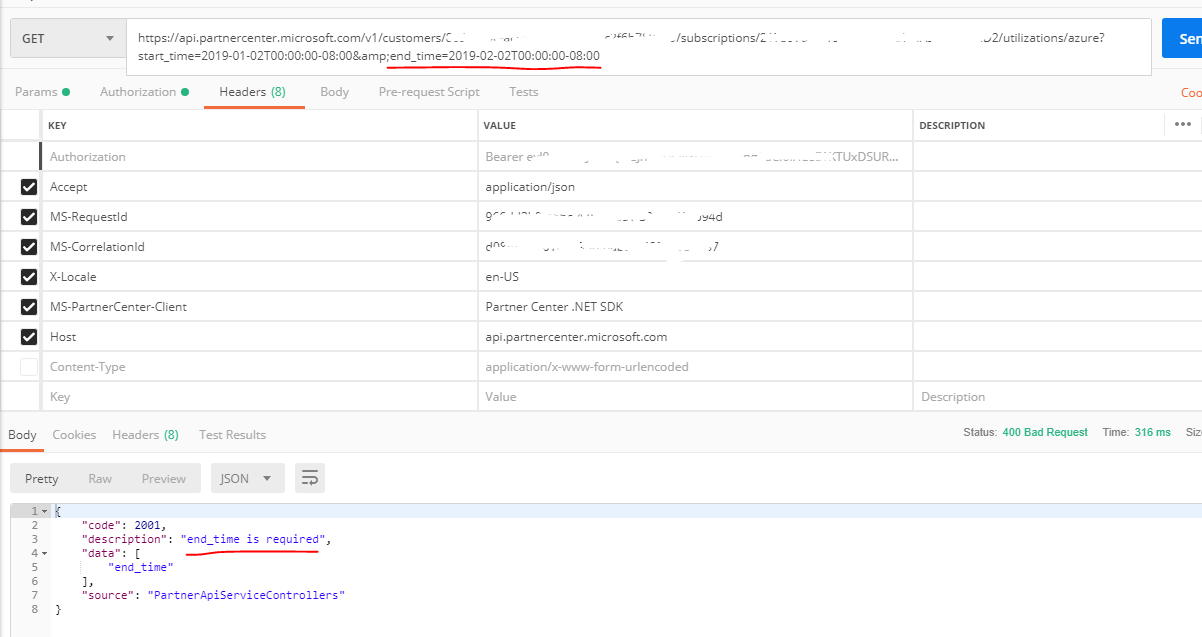Partner Center PowerShell is commonly used by partners to manage their Partner Center resources. It is an open source project maintained by the partner community. Since this module is maintained by the partner community, it is not officially supported by Microsoft. You can get help from the community or open an issue on GitHub.
Partner Center PowerShell works with PowerShell 5.1 or higher on Windows, or PowerShell Core 6.x and later on all platforms. If you aren't sure if you have PowerShell, or are on macOS or Linux, install the latest version of PowerShell Core.
To check your PowerShell version, run the command:
$PSVersionTable.PSVersionTo run Partner Center PowerShell in PowerShell 5.1 on Windows:
- Update to Windows PowerShell 5.1 if needed. If you're on Windows 10, you already have PowerShell 5.1 installed.
- Install .NET Framework 4.7.2 or later.
There are no additional requirements for Partner Center PowerShell when using PowerShell Core.
The recommended install method is to only install for the active user:
Install-Module -Name PartnerCenter -AllowClobber -Scope CurrentUserIf you want to install for all users on a system, this requires administrator privileges. From an elevated PowerShell session either
run as administrator or with the sudo command on macOS or Linux:
Install-Module -Name PartnerCenter -AllowClobber -Scope AllUsersBy default, the PowerShell gallery isn't configured as a trusted repository for PowerShellGet. The first time you use the PSGallery you see the following prompt:
Untrusted repository
You are installing the modules from an untrusted repository. If you trust this repository, change
its InstallationPolicy value by running the Set-PSRepository cmdlet.
Are you sure you want to install the modules from 'PSGallery'?
[Y] Yes [A] Yes to All [N] No [L] No to All [S] Suspend [?] Help (default is "N"):
Answer Yes or Yes to All to continue with the installation.
Use the Get-Command cmdlet to discover cmdlets within a specific module, or cmdlets that follow a specific search pattern:
# List all cmdlets in the PartnerCenter module
Get-Command -Module PartnerCenter
# List all cmdlets that contain Azure
Get-Command -Name '*Azure*'
# List all cmdlets that contain Azure in the PartnerCenter module
Get-Command -Module PartnerCenter -Name '*Azure*'To view the help content for a cmdlet, use the Get-Help cmdlet:
# View the basic help content for Get-PartnerCustomerSubscription
Get-Help -Name Get-PartnerCustomerSubscription
# View the examples for Get-PartnerCustomerSubscription
Get-Help -Name Get-PartnerCustomerSubscription -Examples
# View the full help content for Get-PartnerCustomerSubscription
Get-Help -Name Get-PartnerCustomerSubscription -Full
# View the help content for Get-PartnerCustomerSubscription on https://docs.microsoft.com
Get-Help -Name Get-PartnerCustomerSubscription -Online




